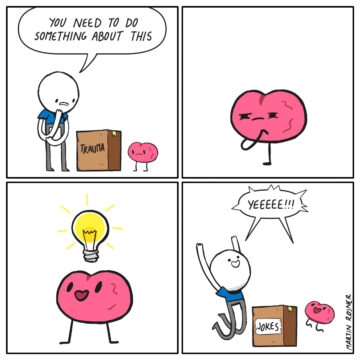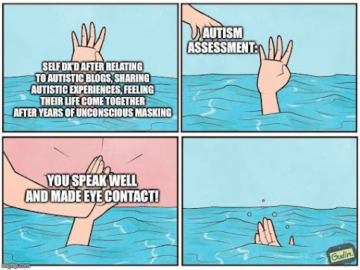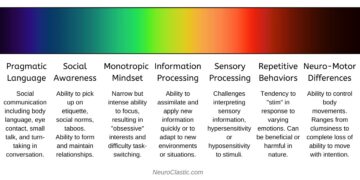by Marie Snyder

“As the world falls around us, how must we brave its cruelties?” —Furiosa
Imprisoned climate activist, Roger Hallam, recently wrote about the necessity of expanding emotional well-being as we face bleak events happening around the world. While climate scientists try to “help people through the horrific information that they are being given,” they also need a way to manage their emotional reactions. We can no longer afford to merely distract ourselves from the inner turmoil. Beyond climate, we could very well be entering into a period of much greater conflict at a time of even more viruses, some destructive to our food system. When the watering hole gets smaller, the animals look at one another differently.
To move forward with compassion, at a time when divide and conquer strategies have created polarization and infighting, seems to require an effort from each one of us.
Hallam writes,
“We might want to think about why saint-like people are enormously influential, even powerful. . . . They see the world as dependent upon the mind. . . . They are not enslaved by the world; their minds are intent, driven even, to change it. They do not see this as an end in itself.”
He explains the journey toward collective action as beginning with exploring the self as it relates to reality. The part of interest to me is this:
“Some people are so into themselves that they find it almost impossible to get out of themselves. They are stuck, enmeshed. Children are often like this. They are literally overwhelmed by their emotions. . . . You see it a lot in prison–people so full of their distress, their anger, and rage, they cannot see themselves at all. . . . The ability to reflect on yourself, on your emotions and your behavior, leads on to a more general idea, and that is transcendence. This might be described as a deep ability to move outside of oneself, to look at oneself from the outside, simply to watch. . . . The more you practice doing it, the stronger you get at doing it. . . . The essence of being human is nothing to do with our being in this world–it is to do with having a choice.”
The ability to choose to be responsive instead of reactive can be developed and refined through intentional introspection. This isn’t anything new; it’s an old truth ignored until it becomes crucial to our survival. Read more »

 There are a few ideas I’ve seen floating around on social media about people with Autism Spectrum Disorder (ASD) having no empathy, no Theory of Mind, and being in need of
There are a few ideas I’ve seen floating around on social media about people with Autism Spectrum Disorder (ASD) having no empathy, no Theory of Mind, and being in need of  What is ASD? C.L. Lynch at
What is ASD? C.L. Lynch at